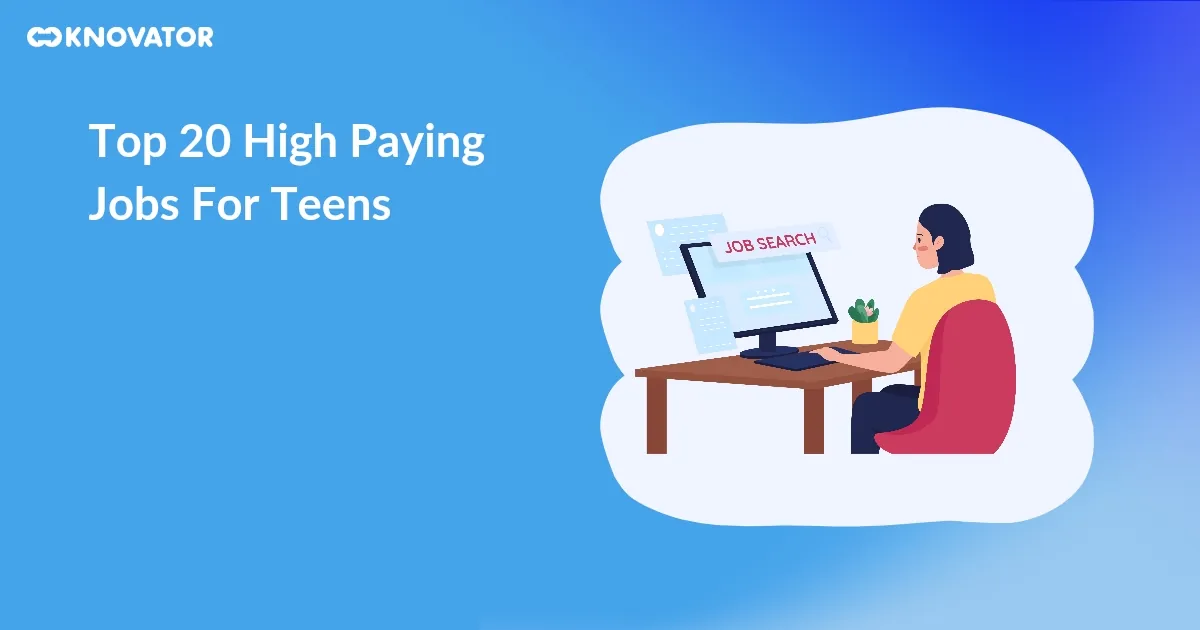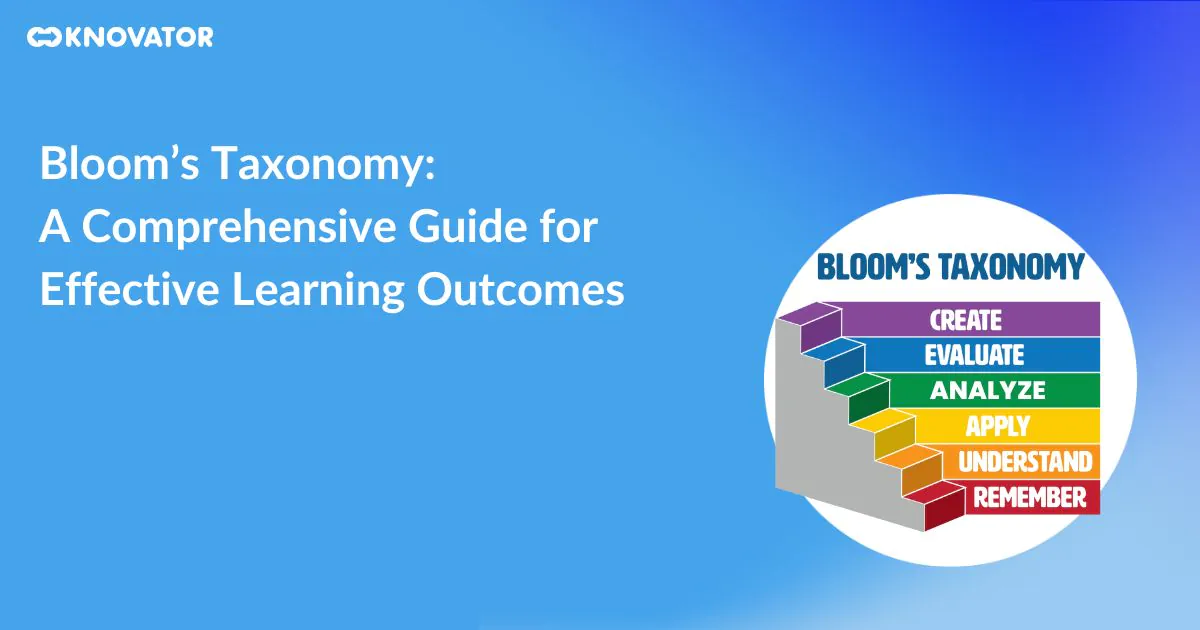The ongoing pandemic brought on several changes in the way our world used to function. These included drastic changes in the way people worked at a professional level and how students used to study. The drastic shift from the offline to the online world was initially not welcomed as much, as the students faced several technical challenges. However, as teachers and students get more accustomed to the system, this may prove a welcome change and bring in a new era of gaining knowledge.
Learning Reimagined: The Era of Virtual Education
While the pre covid days involved in-class interactions, it was nearly impossible to do the same with online classes. Teachers started looking for creative ways to utilise the options available and started working on finding custom e-learning solutions for their students. They also worked towards maximising the face to face interaction by using platforms like Zoom.
Amongst the many challenges of teachers from world-renowned universities, the main was being inclusive of the education of international students. This new era of virtual education must ensure that no student gets left behind due to technical issues or difference in time zones.
The Future of the Education System
The future of education has drastically altered with the pandemic. Many educational organisations are looking for a custom e-learning solutions company to ensure effective and interactive education. With the ever-increasing tuition fee for higher education, the shift to different means seems inevitable. The shift to online education will also impact the economy at large.
Impact of the New System on Teaching and Learning
With several app developers and companies coming up with custom e-learning solutions to enhance the experience, the future surely appears to be changing for the better. It will also help institutes cater to a larger set of students, and with time, it may also eliminate the geographical barriers and help institutes become more inclusive.
Is the original four-year residential experience essential for students?
The beginning of an online education system for students during the pandemic has raised questions about the actual need for on-campus programs. While most experts understand that certain courses like the ones from the medical field do require practically applied knowledge, others are entirely theoretical. The pandemic proves that these theoretical subjects can easily be taught online through custom e-learning solutions for institutes.
To find the answer to this burning question, experts suggest that the coursework be divided into categories to find out the topics that can be supplemented, the ones that can be entirely substitutes and the ones that can be complemented by digital means. Afterwards, purely theoretical topics can be converted to pre-recorded video lectures that students can access anytime. Off-campus instructors can also share these from custom e-learning solutions websites.
Universities and institutes can then utilise these free resources for practical aspects of the subject and encourage more research-based learning for students. Students can also utilise the free time from lectures to engage in various co-curricular and extra-curricular activities, electives, group assignments, faculty office hours, interactions, and career guidance etc.
What improvements are required in IT infrastructure to make virtual learning more accessible and suitable for students?
Once we have established the significance and merits of the shift of the education system to online platforms through a custom e-learning solutions company, we can move ahead and start looking for ways to combat the roadblocks. The most basic requirement is for high-speed internet to help students attend classes with high-quality videos without buffering. While most cities are well equipped for this, the remote areas of developing and underdeveloped nations still struggle for getting decent network connectivity.
Access to high-speed internet and decent gadgets can easily make the shift to online education more convenient.
What training efforts are required for faculty and students to facilitate the changes in the education system?
For centuries, students, teachers and parents have been part of an on-campus learning system. The latest shift to online education was a foreign concept to parents, teachers and students alike. A year ago, people wouldn’t have thought they could work and study entirely through custom e-learning solutions programs. However, the last year also showed that both the faculty and students could adapt to these changes and develop better e-learning solutions that would benefit everyone.
Conclusion
The shift to online education can overturn the entire existing education. As nations struggle to fight off the pandemic, online education has proved to be a worthy addition to the existing education system. More instructors and education experts worldwide have realised various ways to make higher education more inclusive and affordable while teaching practical aspects. With better technological access, the education system does seem to be shifting towards virtual learning platforms.











